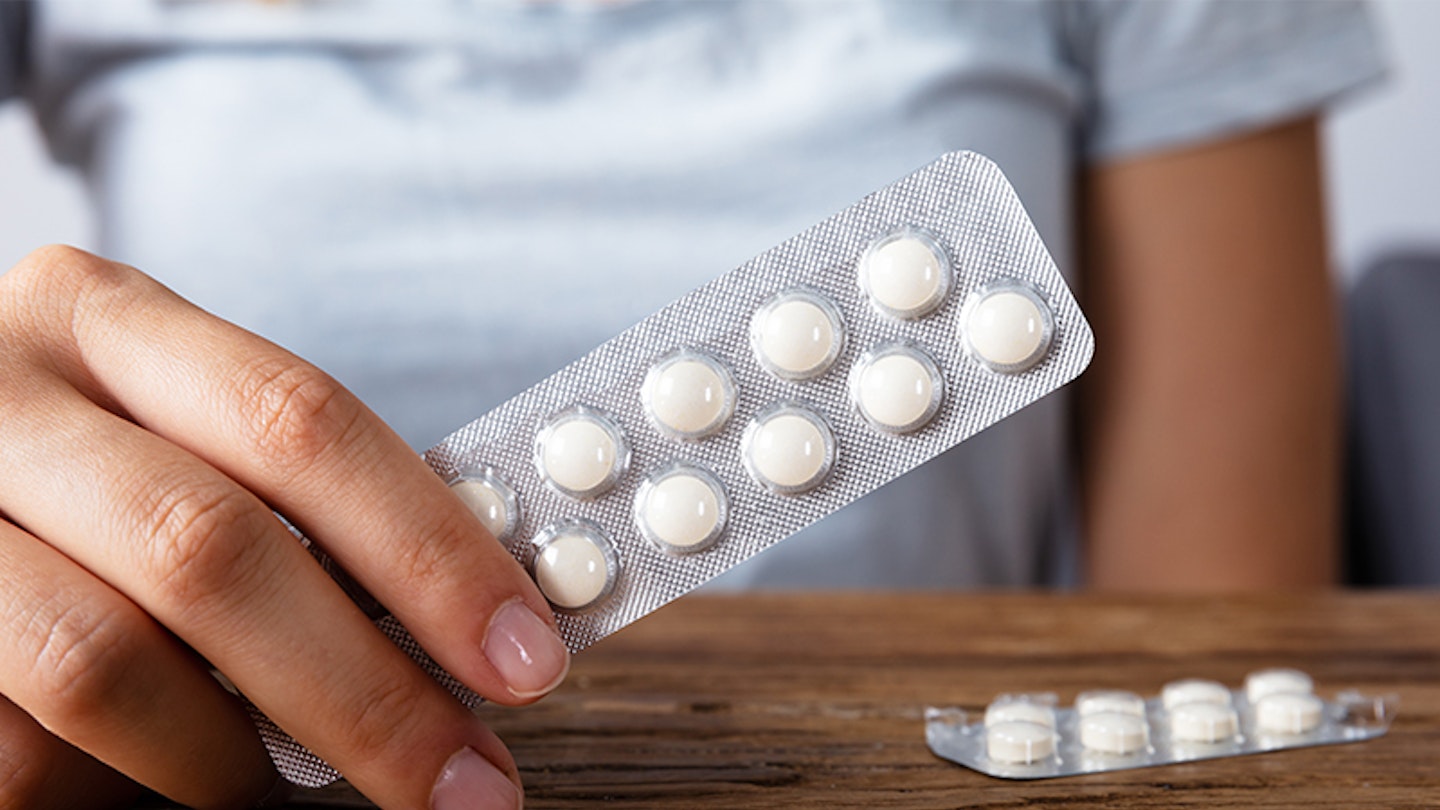You’ve been on the contraceptive pill for years but you’ve decided to come off it because you want to start a family.
That's incredibly exciting! But you have one burning question, 'How quickly can I get pregnant after coming off the pill?'
The quick answer is yes, you can get pregnant straight away!
Around one in three UK women of childbearing age take the pill.
With 3.5 million of us using it to prevent unwanted pregnancy, it is a hugely popular form of birth control. Until your thoughts turn to babies and you wonder how long its effects will last, you may never have given a second thought to how it works.
How soon can I get pregnant after coming off the pill?
Once you've stopped taking the Pill, there is no medical reason why you can’t start trying straight away, even if you’ve been taking it for years. But there is a good reason you may want to wait for one or two months.
‘I suggest to my patients that when they’re coming off the pill, they use condoms until they have had their first proper period,’ says Dr Helen Stokes-Lampard, from the Royal College of General Practitioners. ‘That way they have some idea what their cycle is doing.’
When you come off the Pill, you’ll first experience a withdrawal bleed which doesn’t count as a normal period, it's just the effects of the hormones leaving their system.
Ovulationcan be delayed when first coming off the Pill so it's sometimes difficult to estimate a due date if you do get pregnant. Once your periods have returned to a more regular cycle, use our ovulation calculator to work out your most fertile days.
-
Read more: The best time to get pregnant
So how does the contraceptive pill work?

The most common Contraceptive Pill is the combined one, which contains two hormones, oestrogen and progestogen. Its main effect is to stop you from ovulating every month. And without an egg, you can’t get pregnant. Taken correctly, i.e. you never forget to take a tablet, your chances of getting pregnant while on it are almost zero.
Less commonly prescribed is the mini-pill, which contains only the progestogen hormone and is mainly used in women over 35 and breastfeeding mothers. This is also now prescribed for women who have any history of aural migraines.
When will my periods come back after I stop taking the pill?
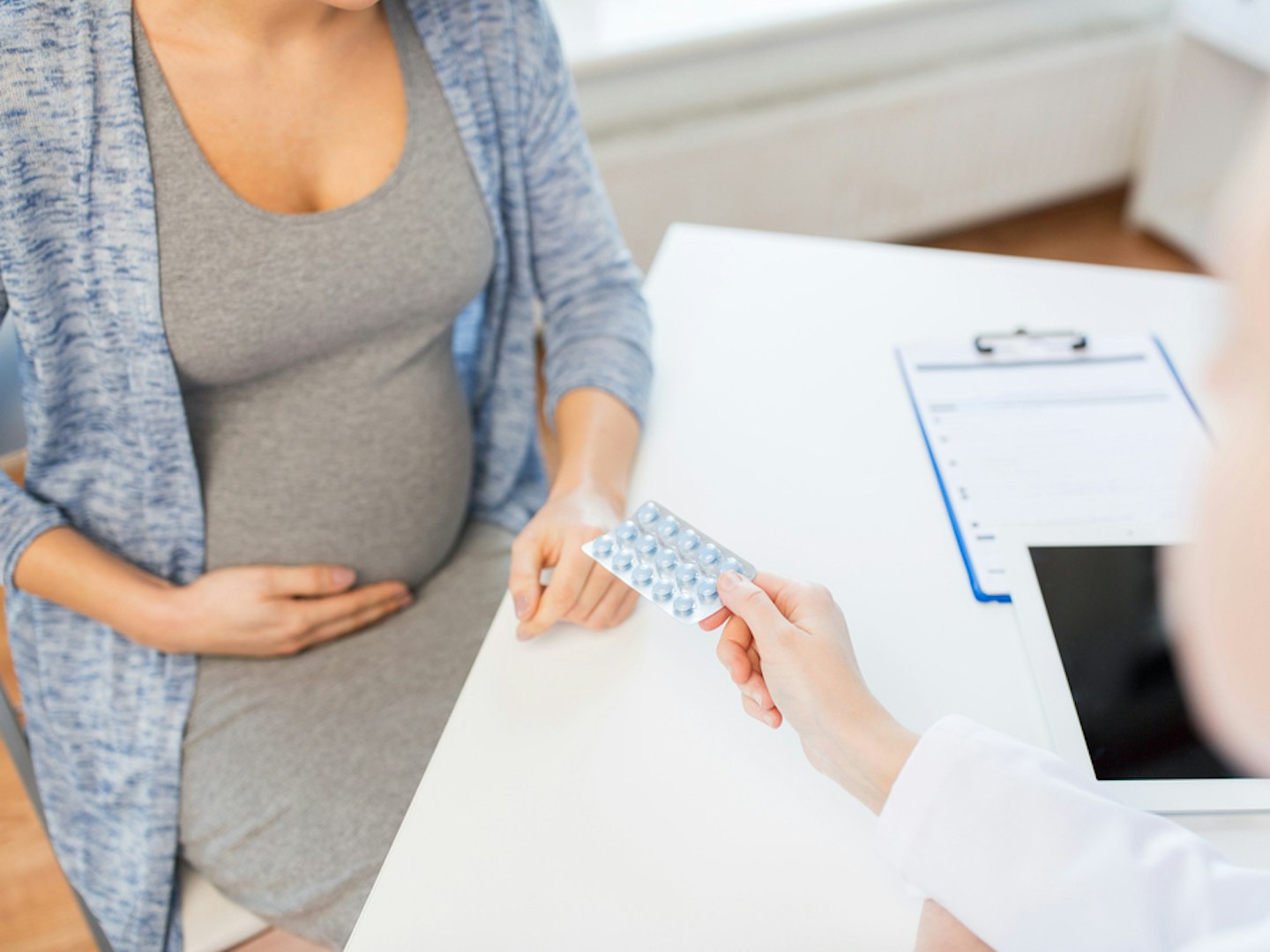
According to the NHS, it can take a while for your periods to fully return to normal after taking the Pill. Most women will have a period around two to four weeks after stopping the pill, but this depends on your body and what your cycle was like before you started the Pill. Weight, health, stress, exercise and conditions such as polycystic ovaries can all influence your cycle, and it is perfectly normal for your periods to be irregular when first stopping the Pill.
For some women, periods may not return straight away after stopping the Pill - this is a condition known as post-pill amenorrhoea, the good news is that it normally sorts itself out within a few months. As the hormones in your pill stop ovulation, you should allow up to three months for your natural cycle to re-establish itself.
‘It can last up to nine months,’ says Dr Stokes-Lampard. ‘It almost always rights itself but we have no way of predicting who that is going to affect.’
Should I wait until I've had a period before trying to conceive?
According to the NHS, the first period after coming off the pill is a 'withdrawal bleed', the second period is your first natural bleed. Although you can get pregnant as soon as you come off the pill, the NHS recommends that you wait until after your first natural period, to let your cycle settle and to help your GP or midwife predict your due date more accurately.
Trying to conceive? Take a look at these 19 ovulation facts:
Ovulation facts
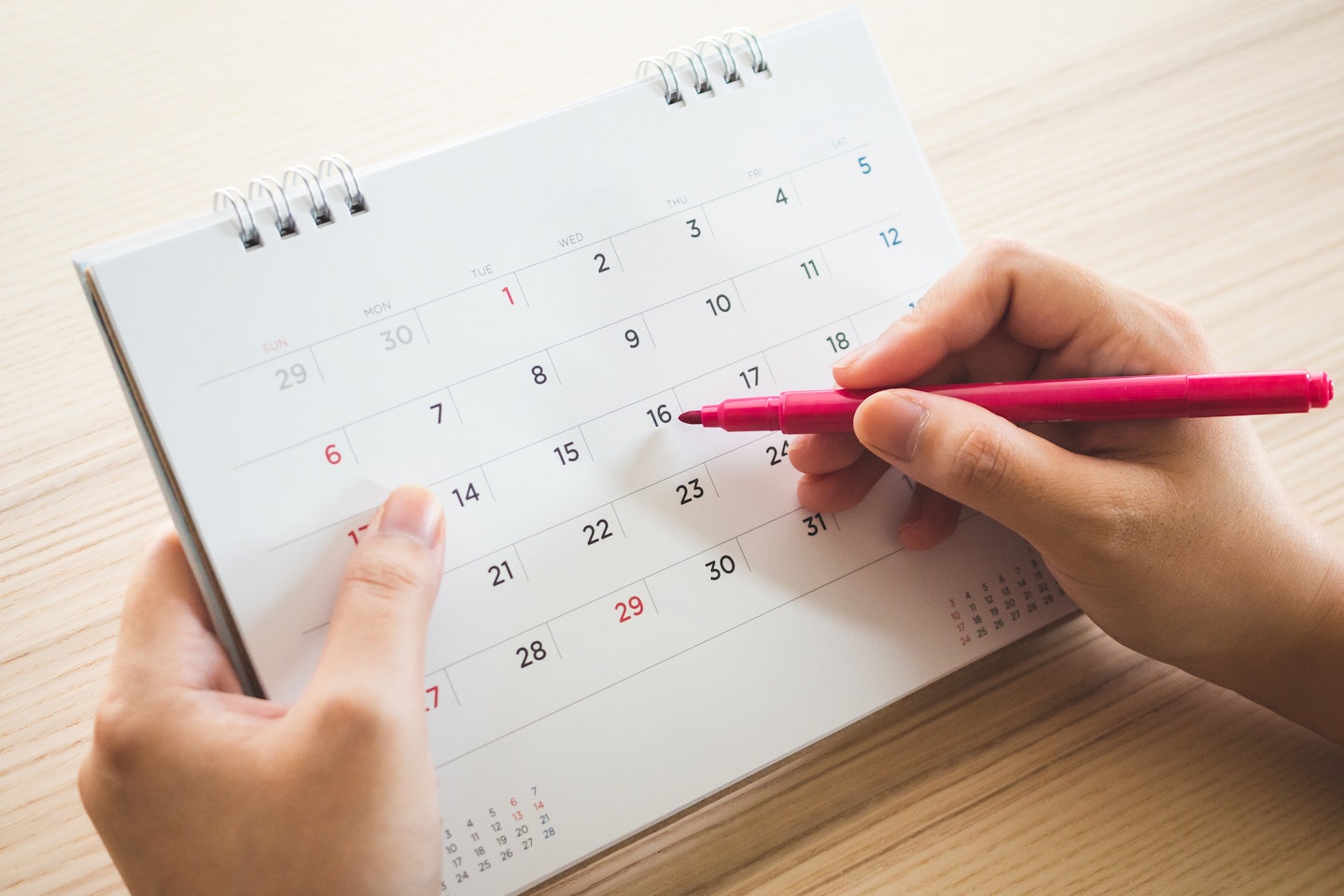 1 of 20
1 of 201) The average cycle
The average cycle for a woman is 28 days, but your cycle can be anything from 22 to 36 days long. Ovulation normally happens about two weeks before your next period, so if your cycle is 28 days, you will ovulate around day 14. Work out when you are ovulating by using our ovulation calculator.
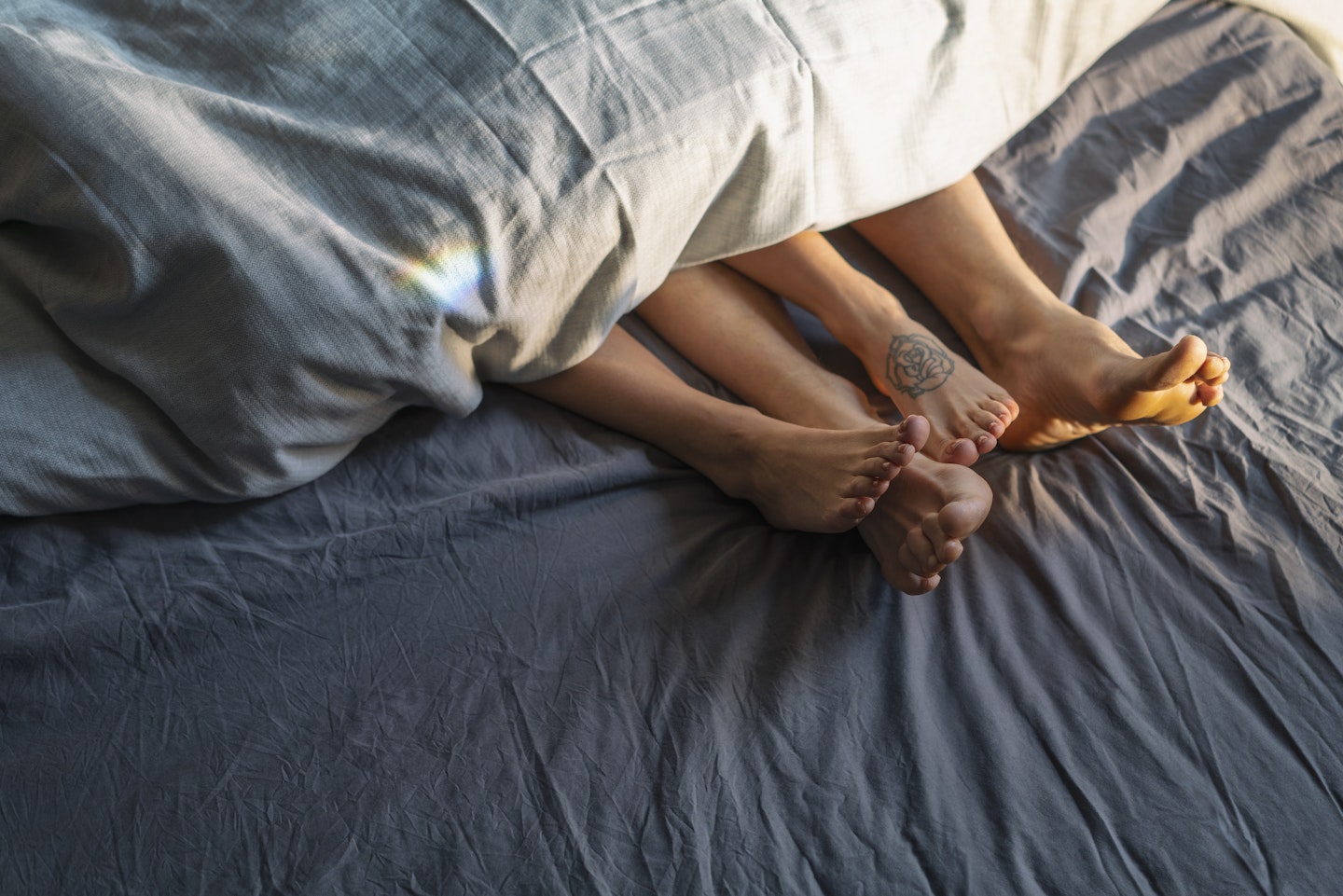 2 of 20
2 of 202) Your egg lives up to 24 hours
After leaving your ovary, your egg lives for up to 24 hours, so if you are having sex around your most fertile days, you’ll have a better chance of conceiving.
 3 of 20
3 of 203) Sperm can live up to 5 days
Your partner’s sperm can live for up to five days, so it’s a good idea to also have sex before ovulation occurs if you are trying to conceive.
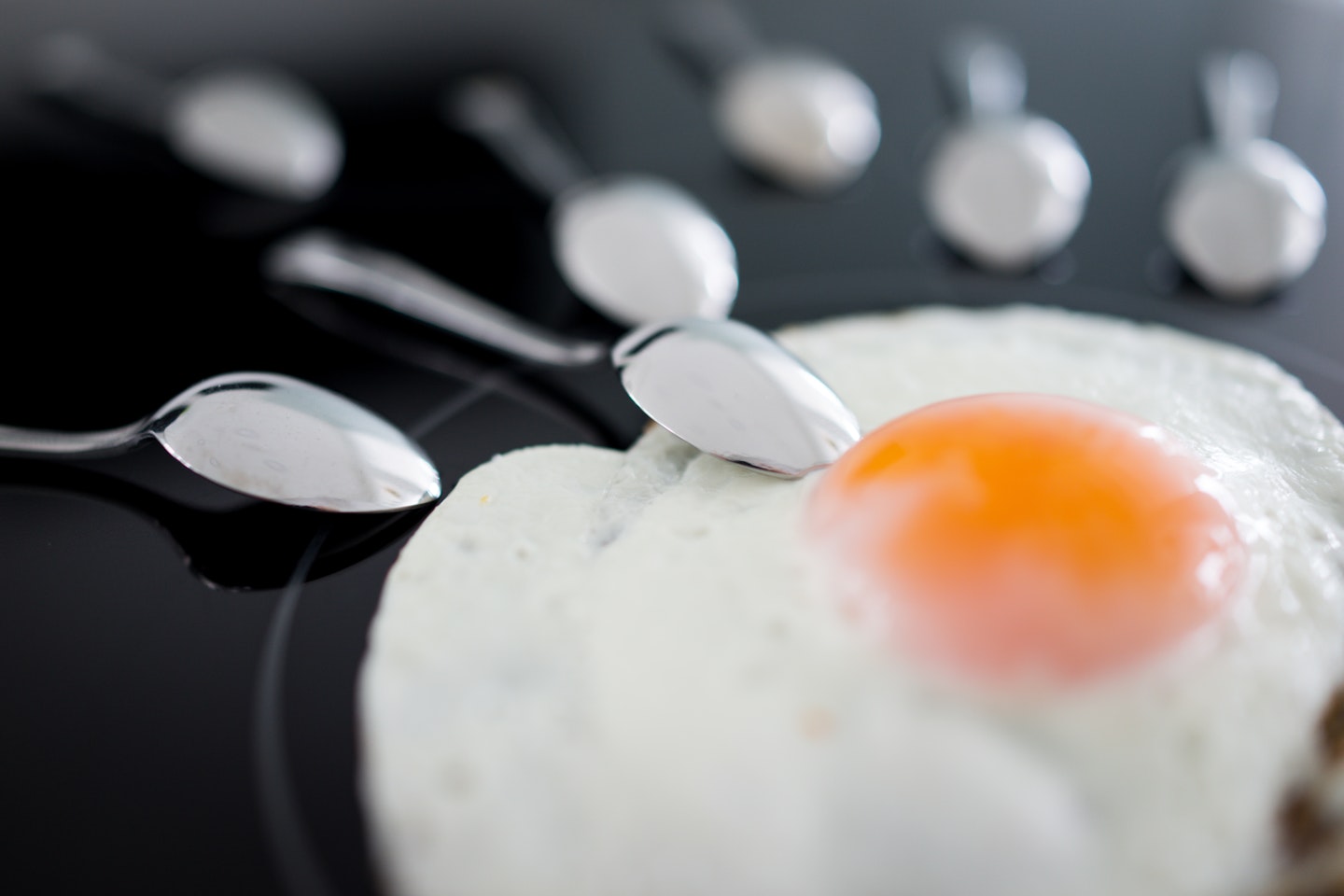 4 of 20
4 of 204) Only one sperm can fertilise the egg
Your partner will release around 250 million sperm during ejaculation, however only around 400 of these sperm will make the ten-hour journey from your vagina, through your cervix and up the fallopian tube, where it can penetrate the egg. Only one can burrow through your eggs outer membrane.
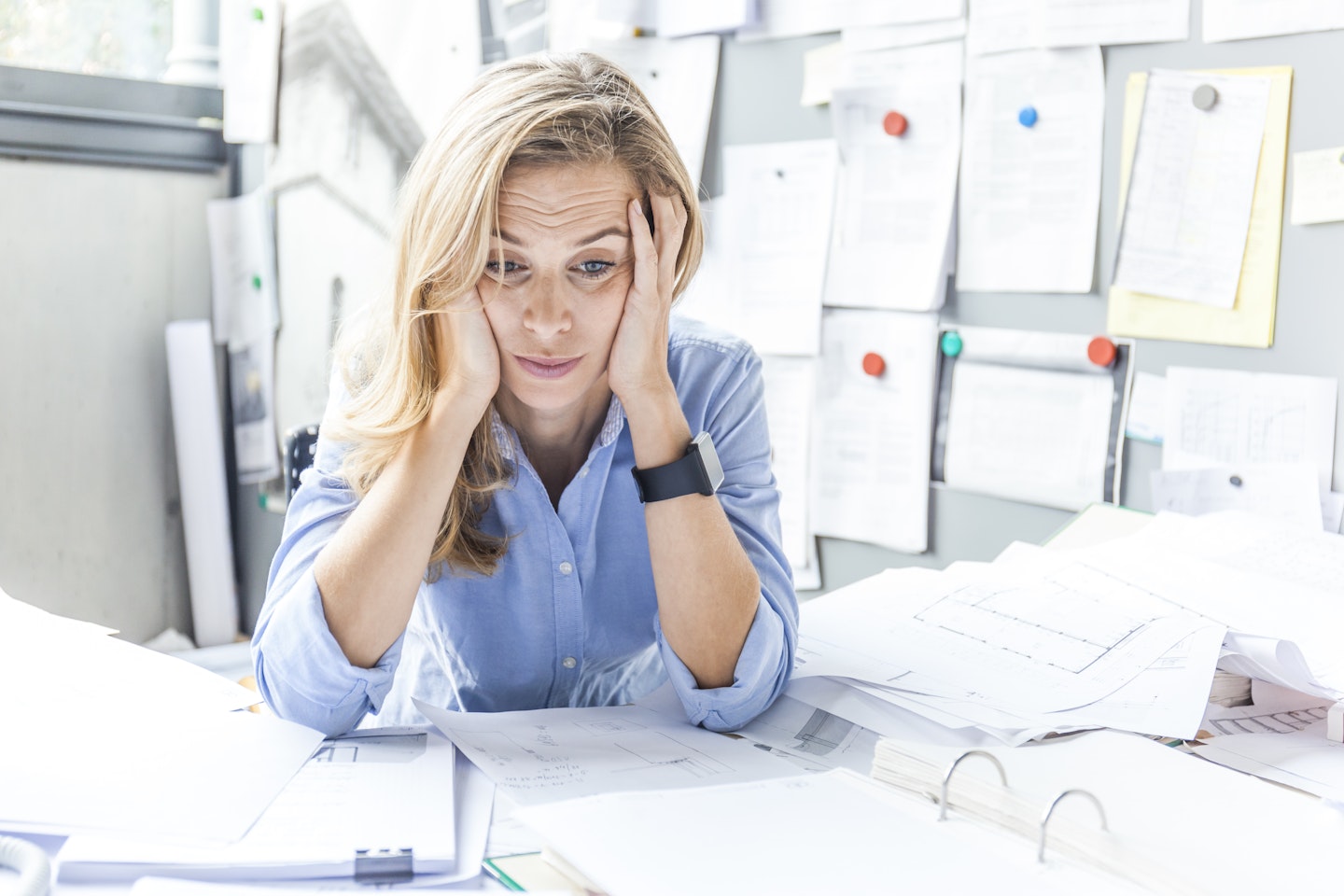 5 of 20
5 of 205) Stress can effect ovulation
Ovulation can be affected by a number of different things including stress and illness. If you’ve been trying for a baby for a while, it might be time to take a look at your job stresses, or workout routine.
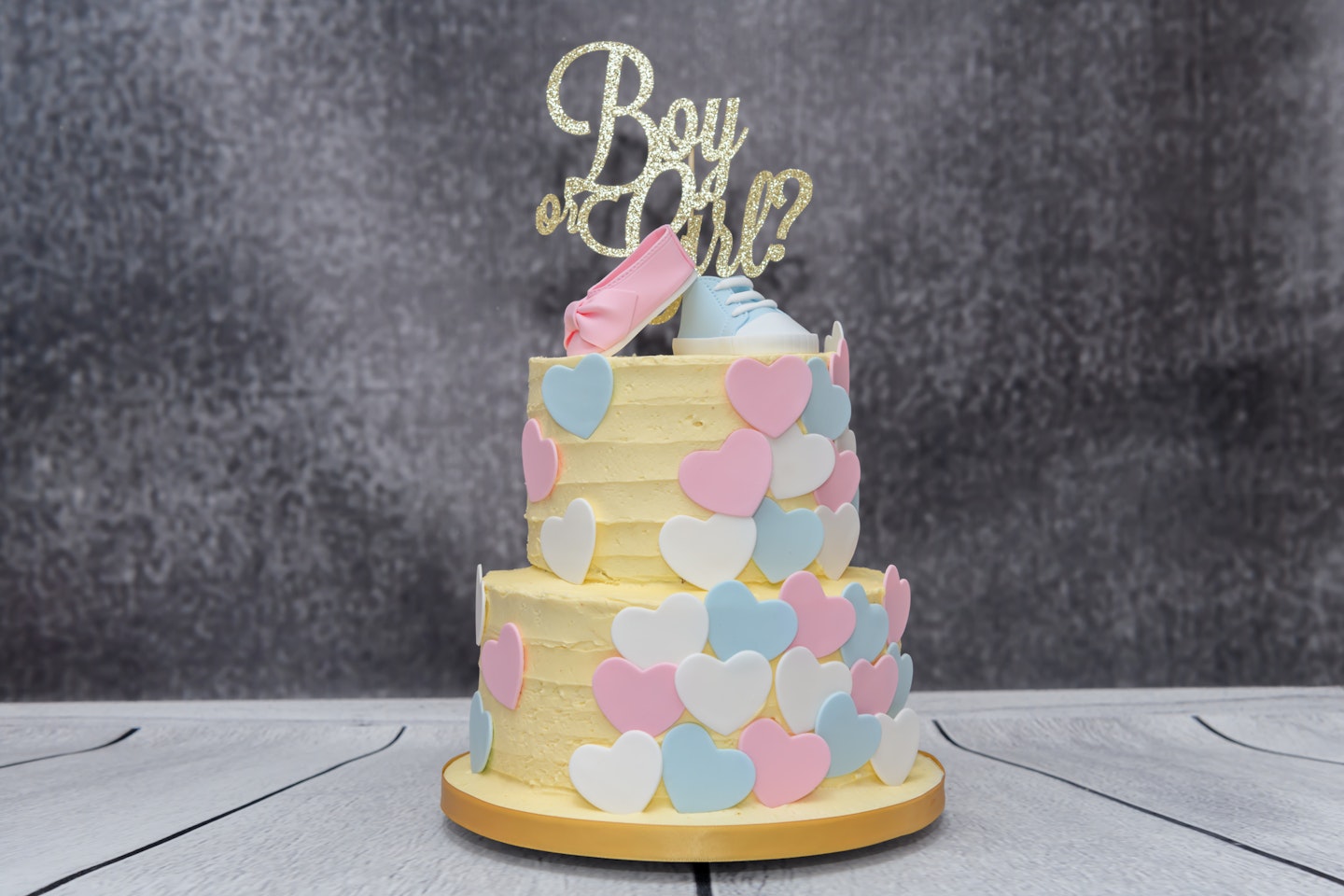 6 of 20
6 of 206) X and Y chromosomes
The sex of your baby is actually determined from the moment your partner’s sperm meets your egg – if the sperm is carrying a Y chromosome, you’ll have conceived a boy and if it’s an X chromosome, it’ll be a girl.
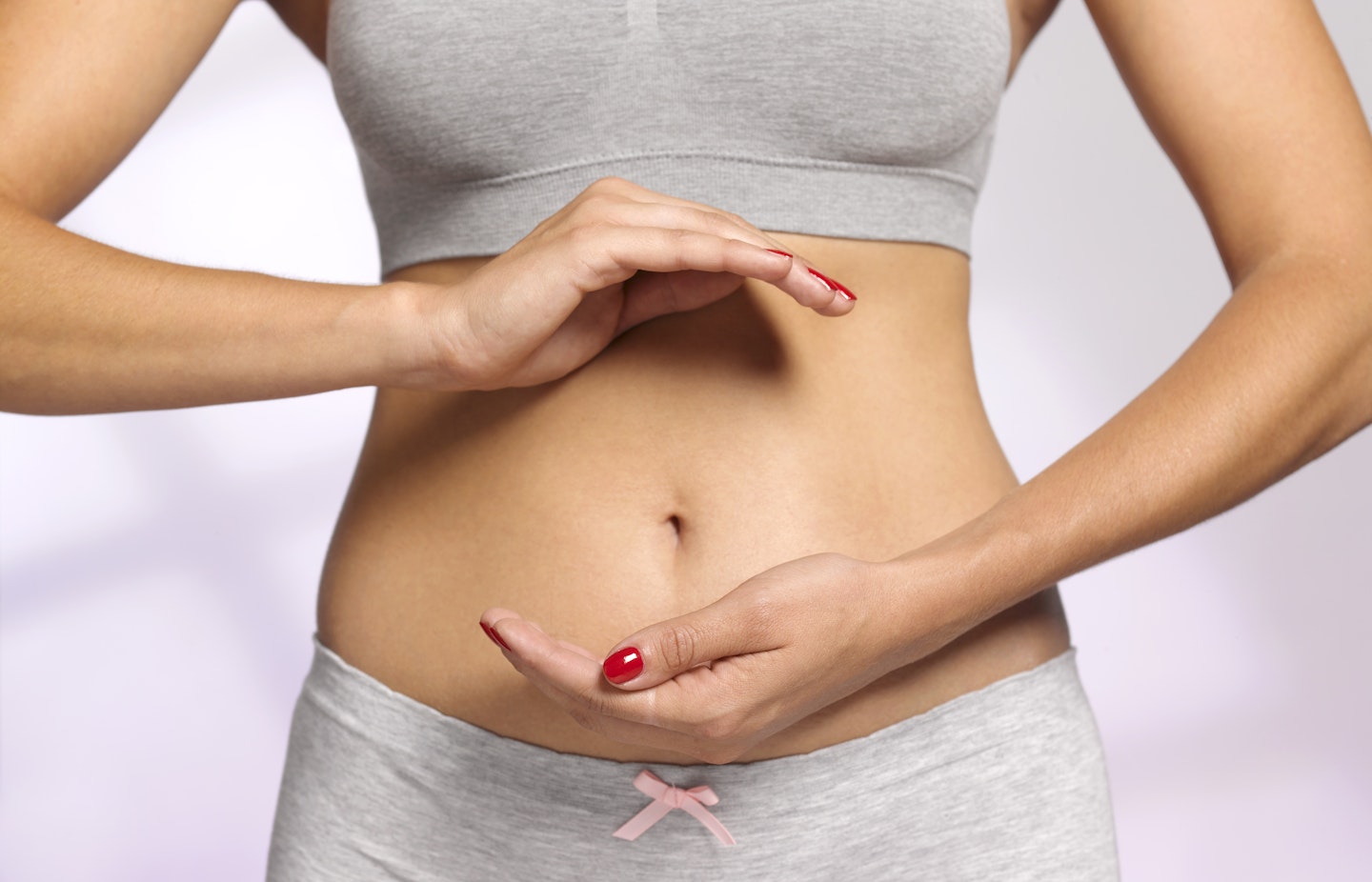 7 of 20
7 of 207) A woman is born with millions of eggs
Every woman is born with millions of immature eggs – half of these will be absorbed by your ovaries before you reach adolescence, the other half will sit waiting for your ovulation cycle to begin. Only 300 to 500 of these eggs (medically referred to as oocytes) will become mature eggs in your lifetime.
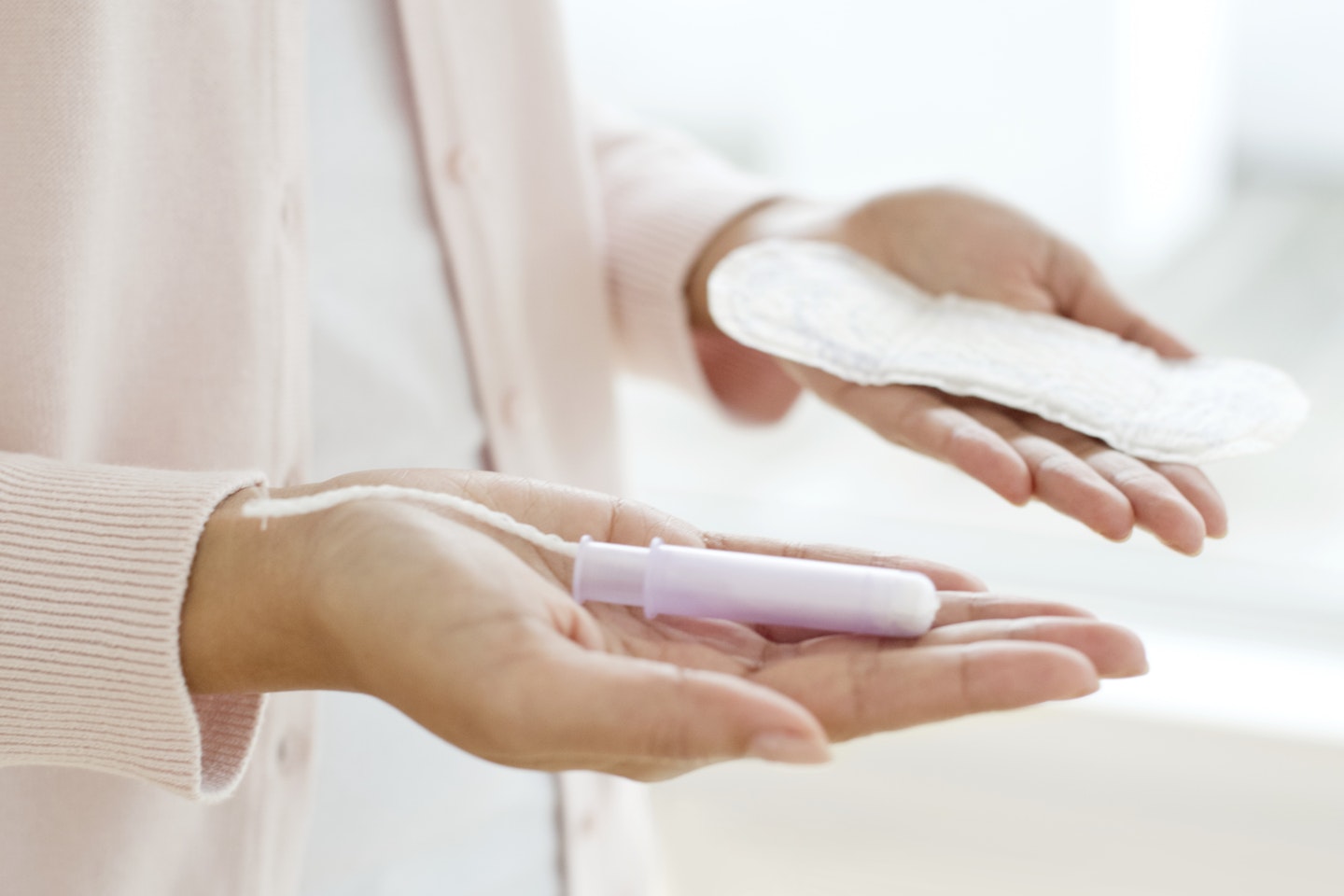 8 of 20
8 of 208) Periods can vary
You can have a period even if you haven’t ovulated and you can ovulate without having a period.
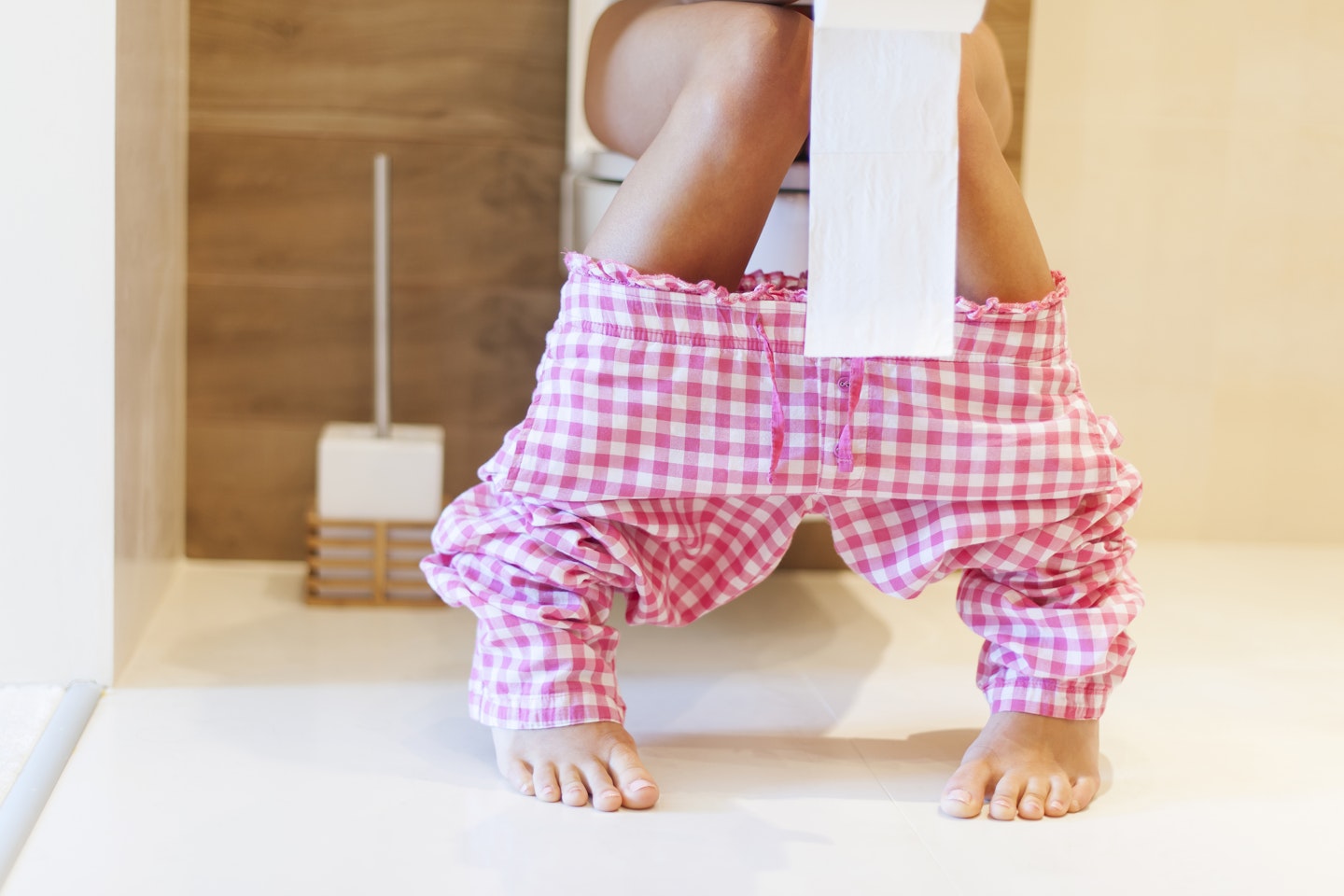 9 of 20
9 of 209) Implantation bleeding
Some women experience some bleeding as their fertilised egg burrows into the lining of their womb, this is called implantation bleeding and can often be confused with a period. Here's how to tell the difference between implantation bleeding and a period.
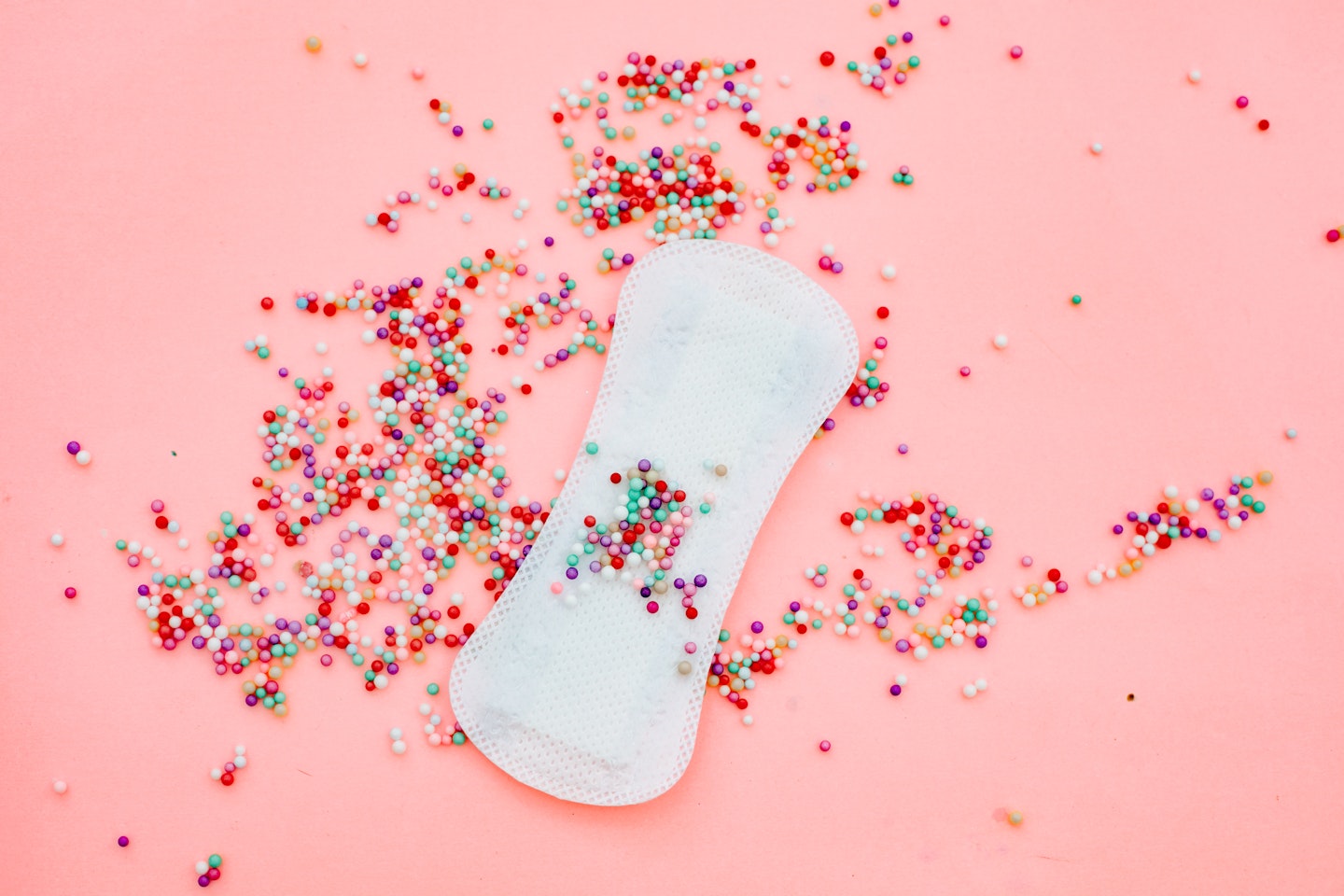 10 of 20
10 of 2010) What happens when an egg isn't fertilised?
If an egg is not fertilised by a sperm during the ovulation period, it will disintegrate and be absorbed into the lining of the uterus or pass out with the menstrual flow.
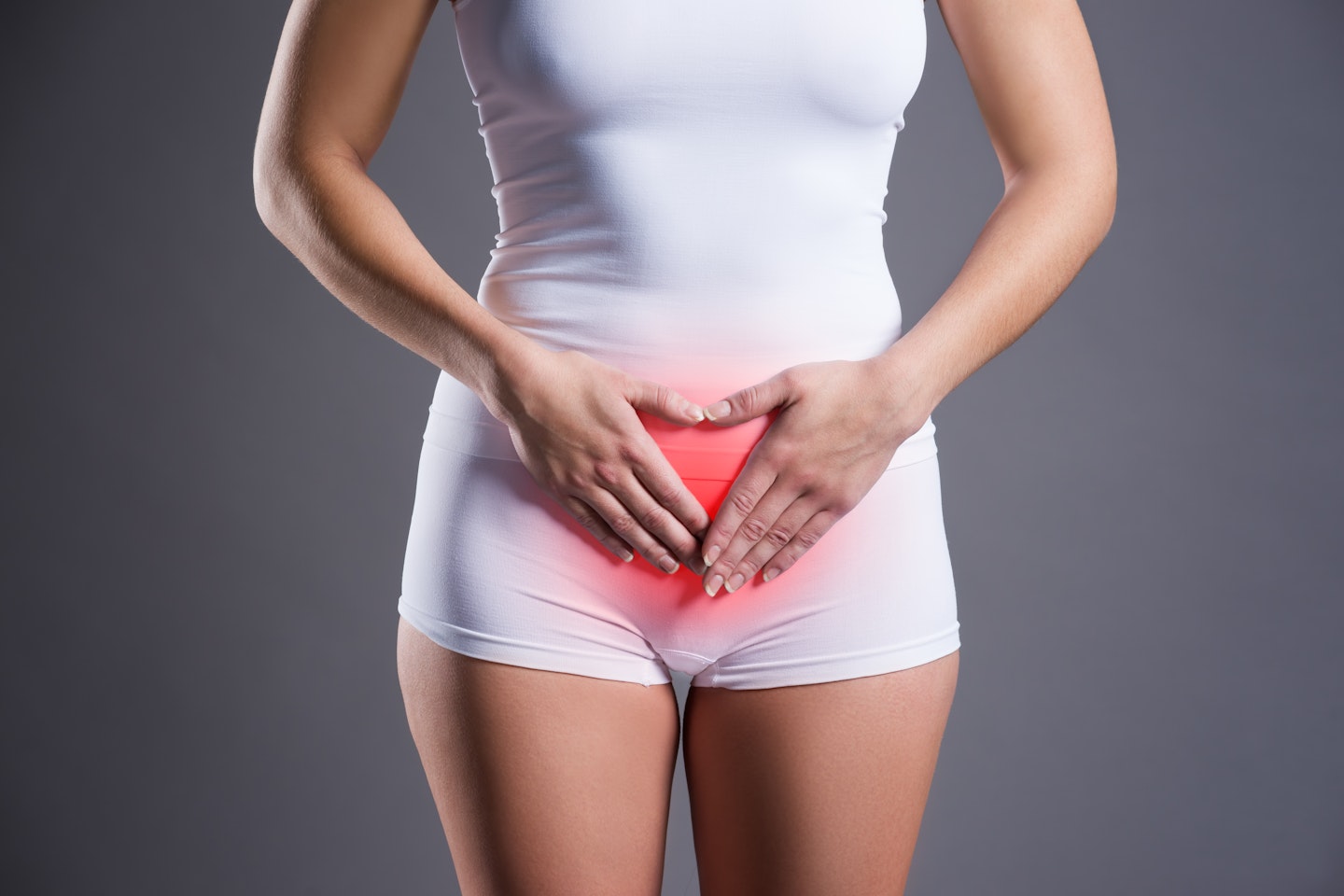 11 of 20
11 of 2011) There are two different hormones
Ovulation happens thanks to two different hormones – during the most fertile week of your cycle, your levels of lutenising hormones (LH) and follicle stimulating hormone (FSH) will rise. This stimulates the production of follicles in your ovary.
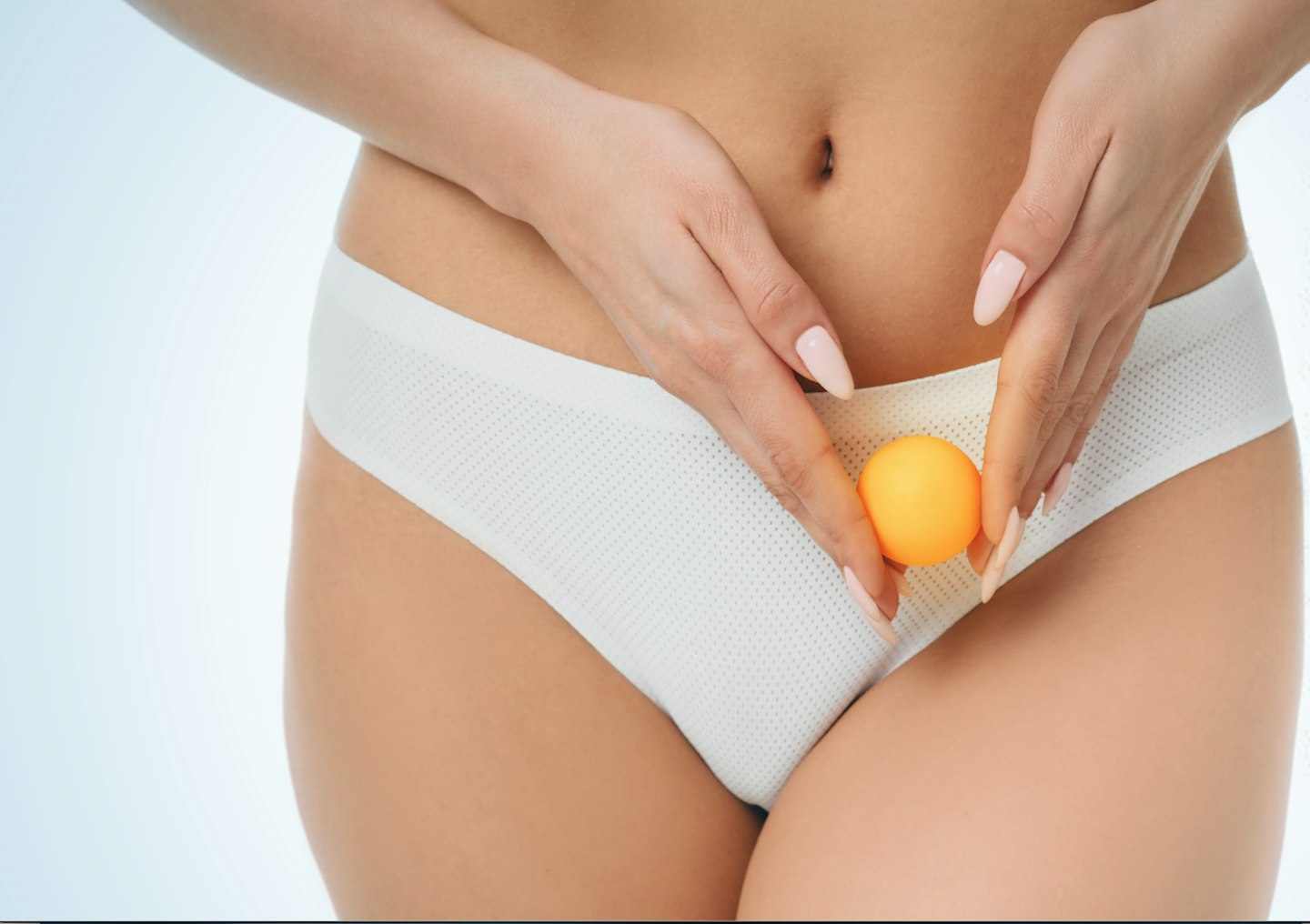 12 of 20
12 of 2012) Usually only one egg is released
Each month, one follicle will become larger than the others and produce an egg. Usually only one egg will be released during each cycle. This follicle will also start to produce oestrogen, which tells your body to start thickening the lining of the womb for implantation.
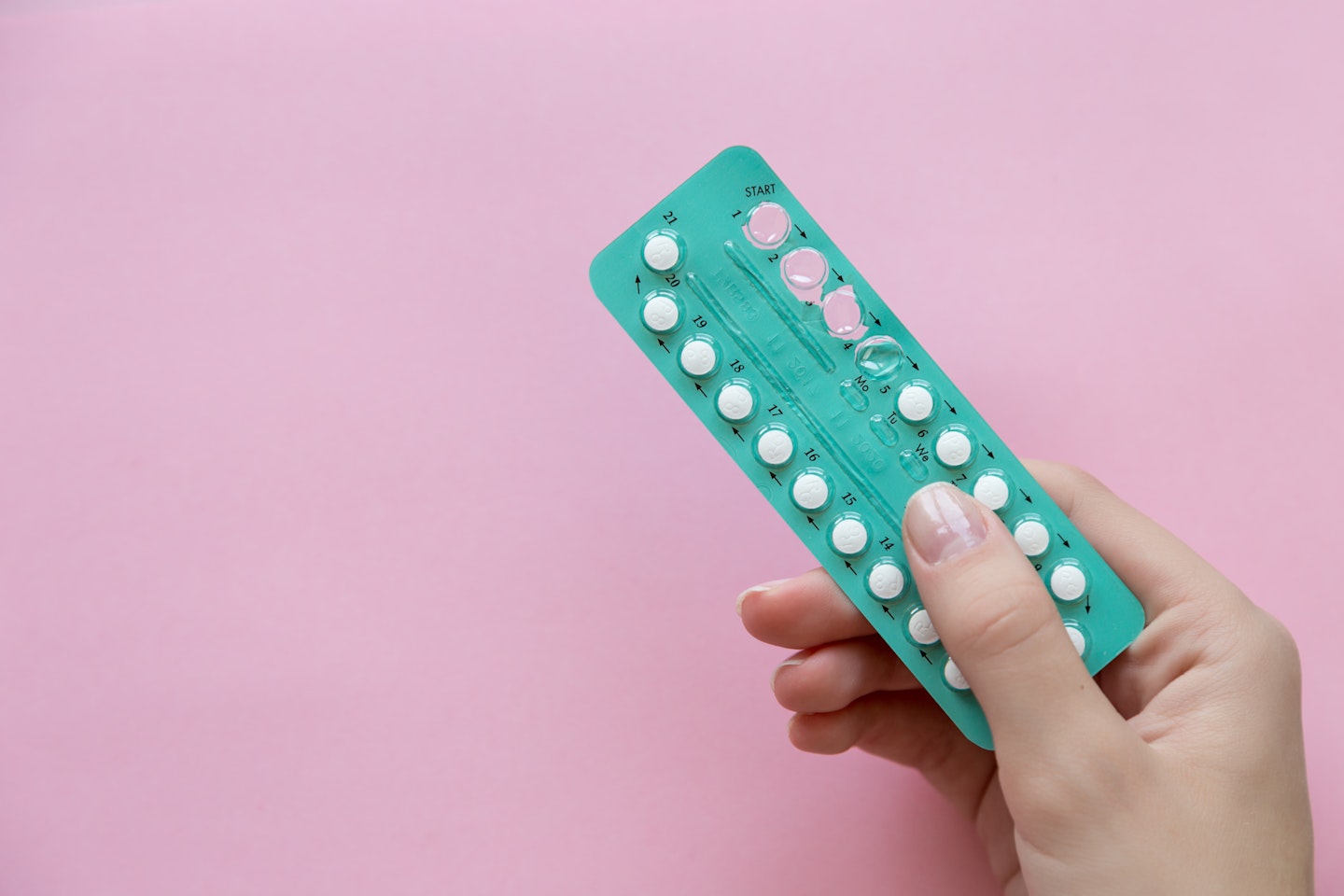 13 of 20
13 of 2013) Your body produces the same hormone that's in birth control pills
Once the egg has been released, the same (now empty) follicle will produce another hormone – progesterone, which prevents the release of any more eggs this cycle. The empty follicle is medically referred to as corpus luteum. This level of progesterone remains high enough to prevent any more eggs from being released for the next 12 to 16 days, after which your cycle will start again. This is the same horomone that is in birth control pills.
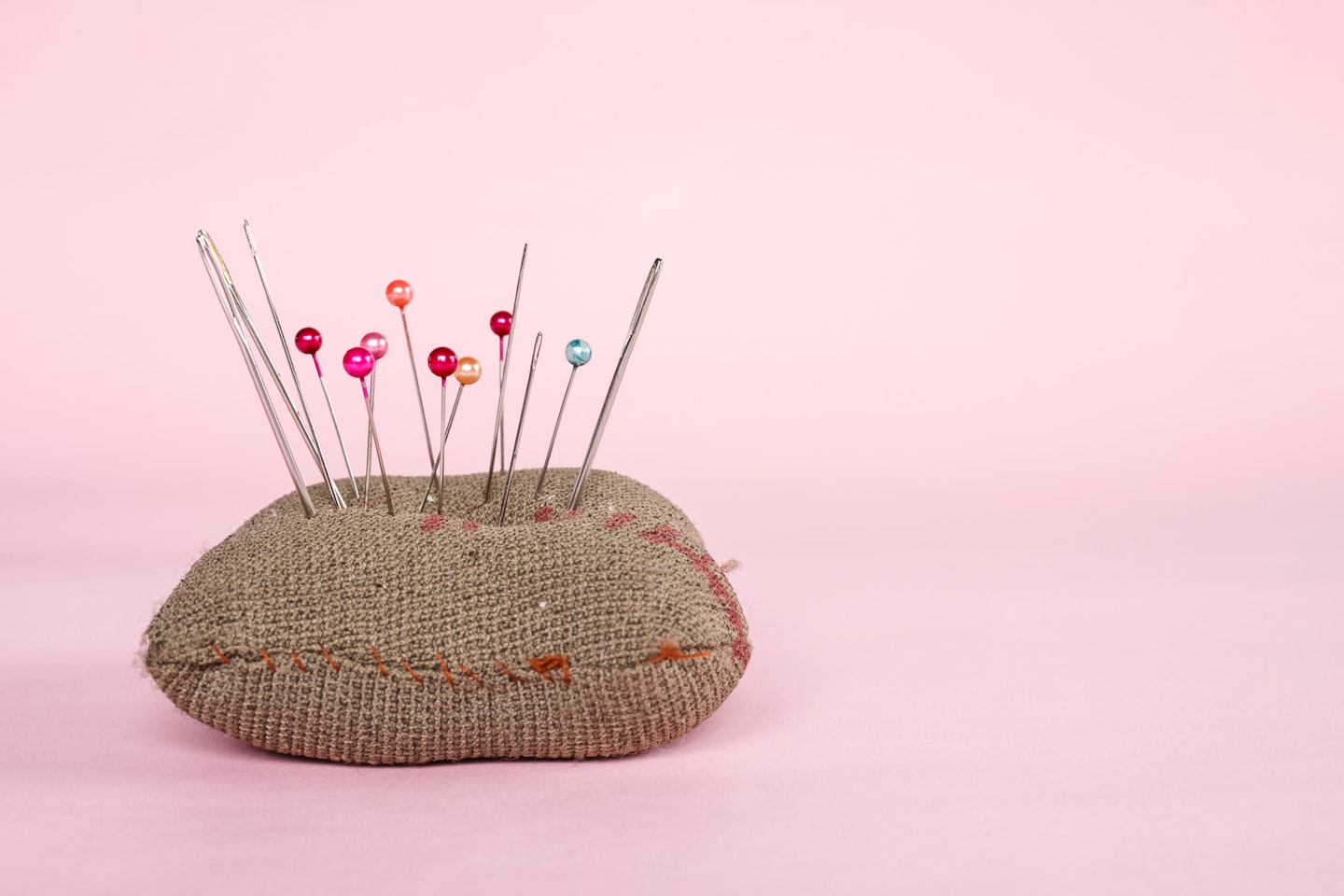 14 of 20
14 of 2014) The size of your egg
Your egg is smaller than the head of a pin when it is released during ovulation.
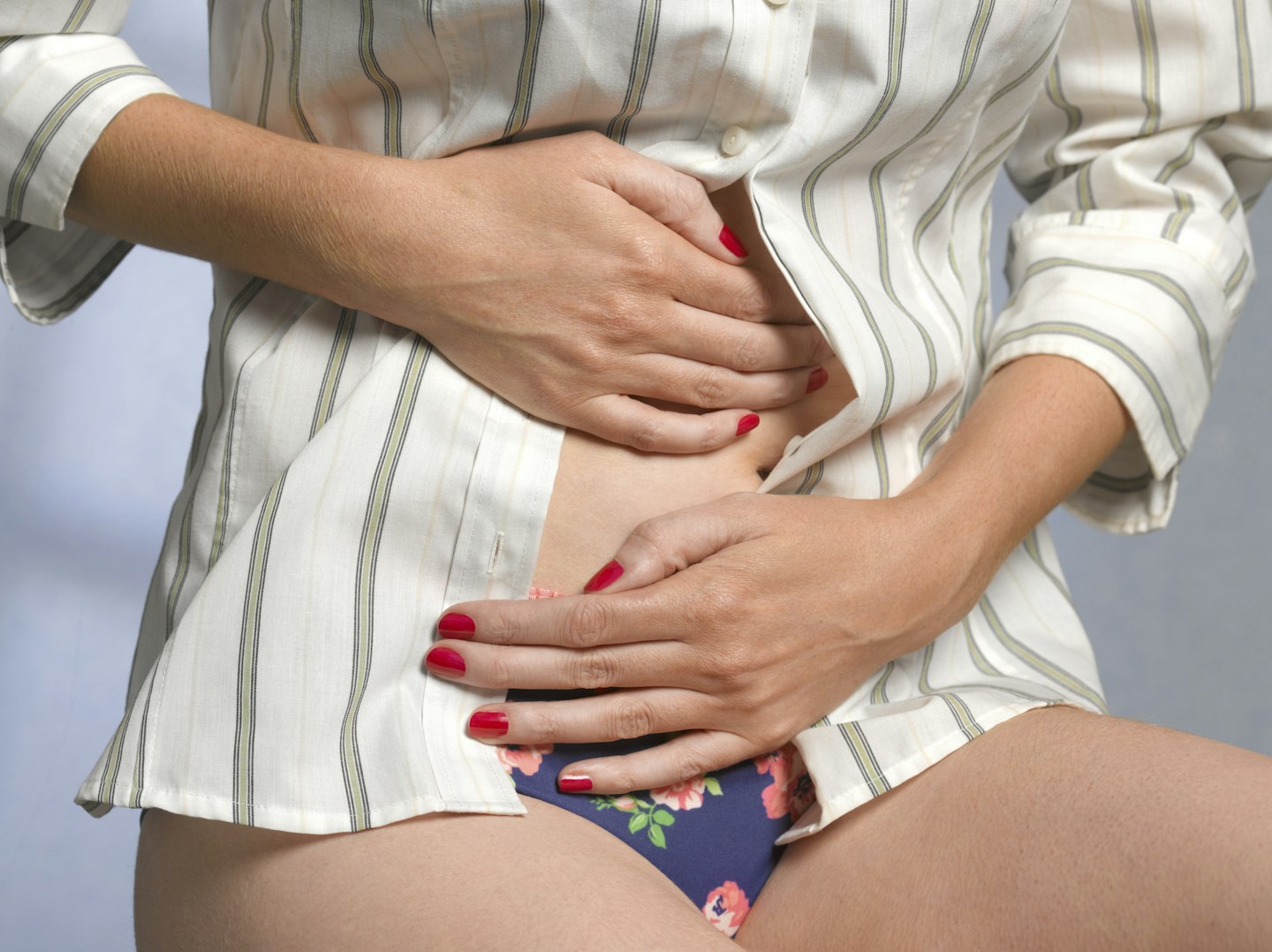 15 of 20
15 of 2015) Are there any signs of ovulation?
Although a lot of women do not experience any physical signs of ovulating, one in five will experience lower abdominal pain, known as mittelschmerz – a German word meaning ‘middle pain’.
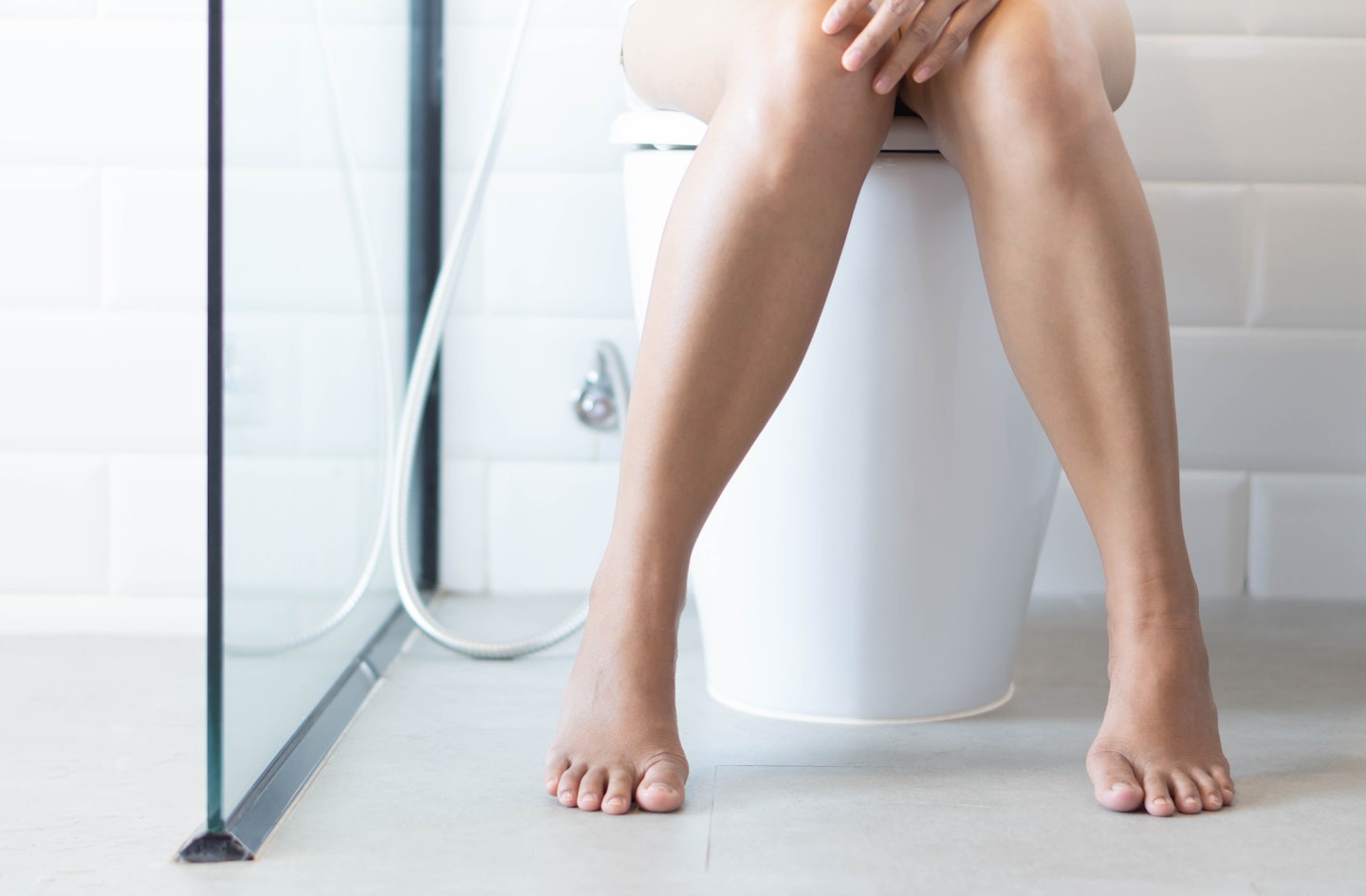 16 of 20
16 of 2016) A clear sign you're ovulating
Another physical sign you are ovulating is a clear, somewhat elastic discharge in the days leading up to ovulation. It might sound gross, but try stretching it between two fingers so you know what to look out for each month.
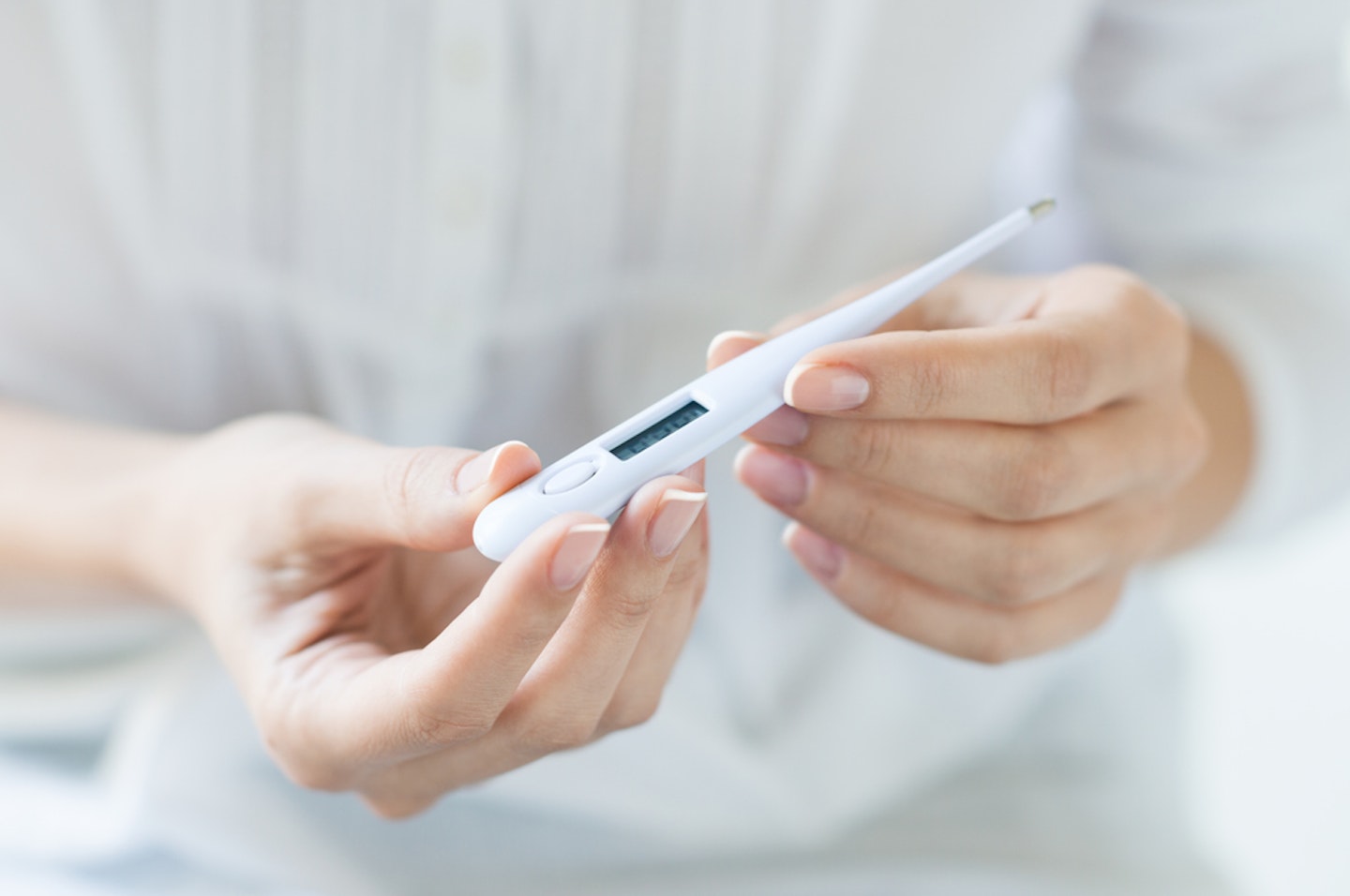 17 of 20
17 of 2017) How to check you're ovulating
If you want to be really sure when you are ovulating, monitoring your basal body temperature (BBT) is a good indicator.
Your basal body temperature averages around 36.1-36.4°C before ovulation, and rises to between 36.4-37°C after ovulation. The downside to this method is that your body temperature changes 12 to 24 hours after ovulation has actually occurred, meaning there can be little time left to conceive. Try downloading the Natural Cycles appfor this method.
 18 of 20
18 of 2018) What's that smell?
Research has proved your sense of smell increases when you are ovulating. Science tells us you also look more attractive to your partner when you’re ovulating.
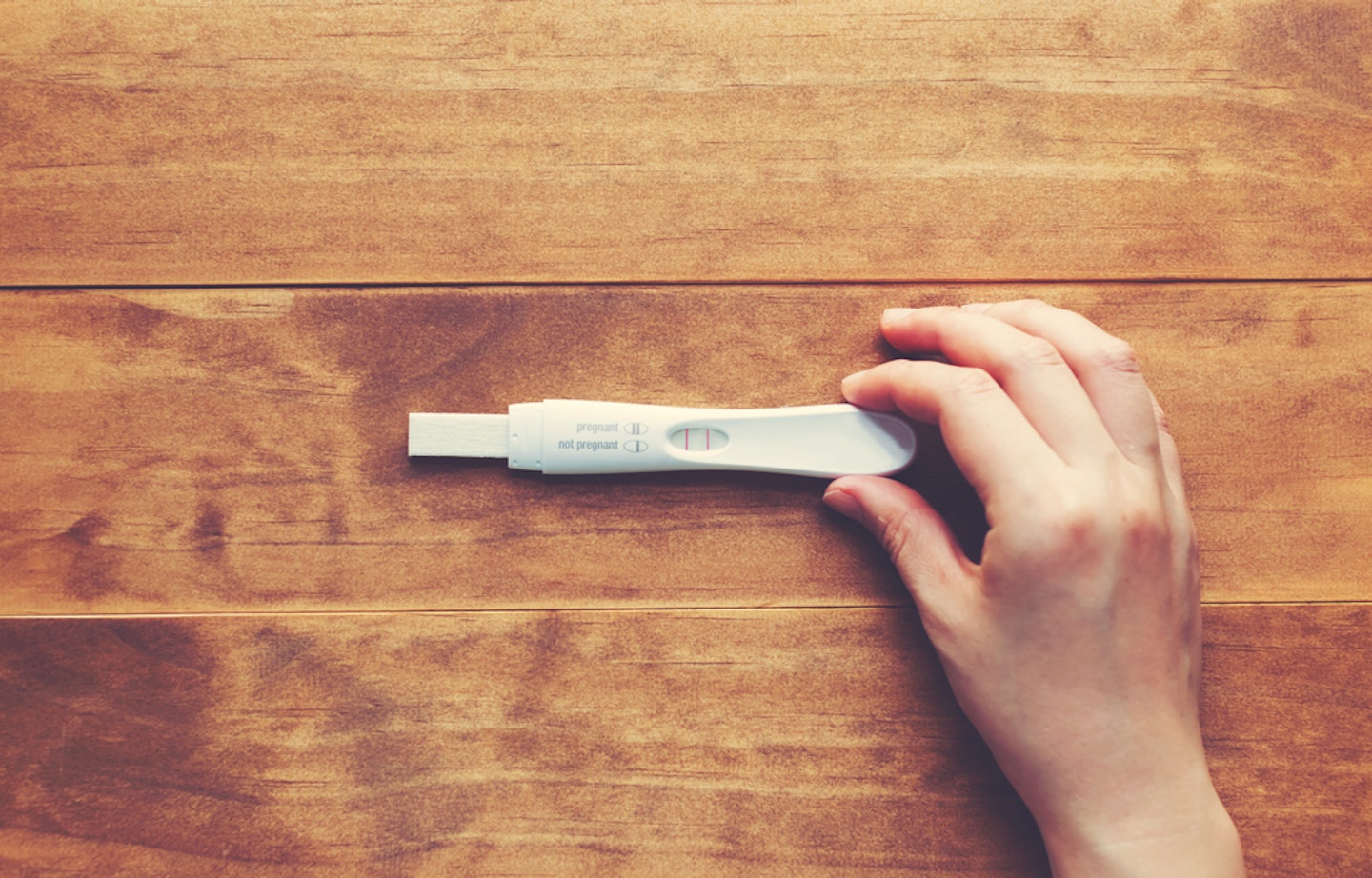 19 of 20
19 of 20ovfacts pregtest
Research has proved your sense of smell increases when you are ovulating. Science tells us you also look more attractive to your partner when you’re ovulating.
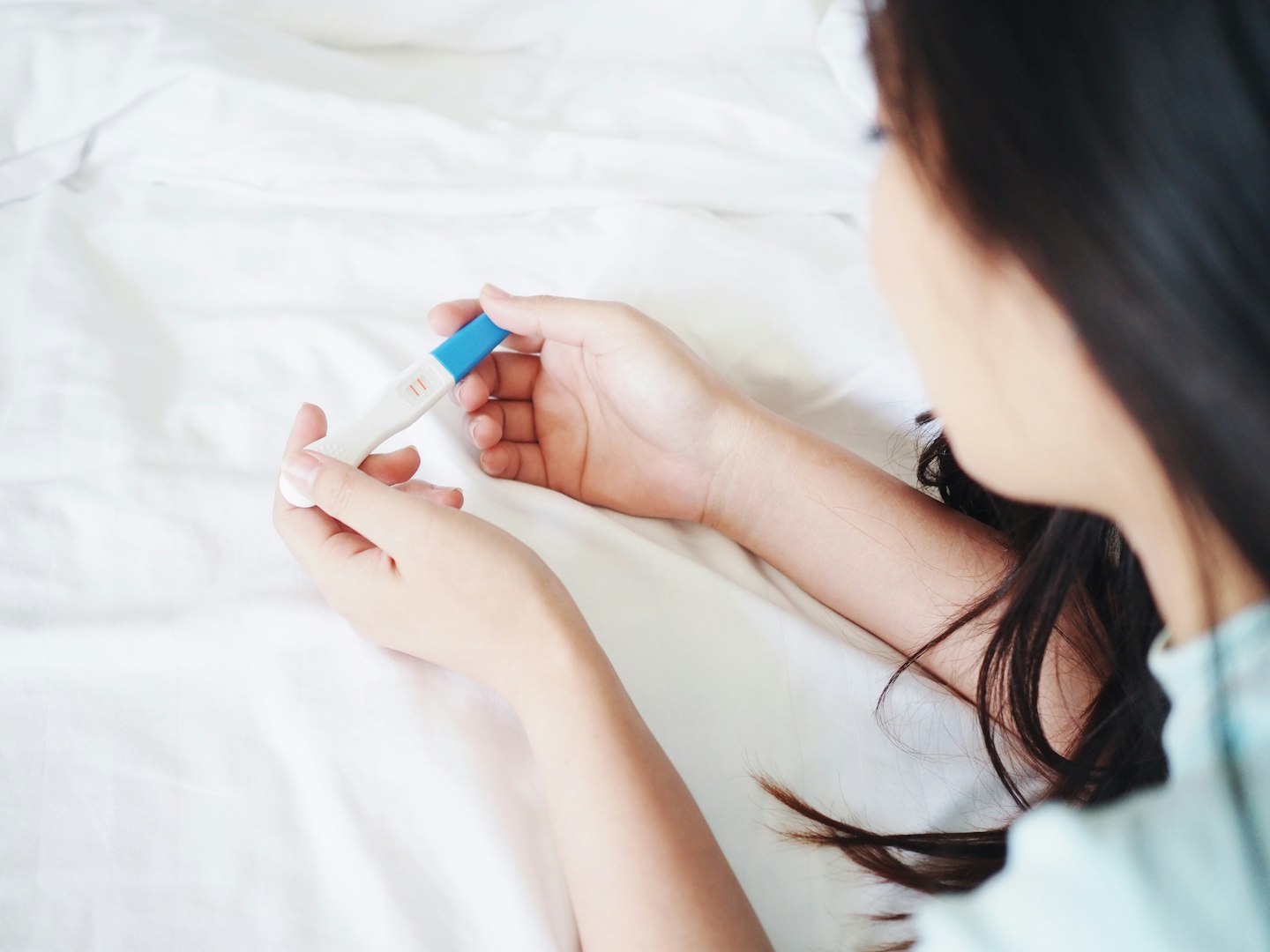 20 of 20
20 of 2019) Home pregnancy tests
Home pregnancy tests work by checking your urine for the hormone hCG, that your body starts to make once a fertilised egg has been implanted in your uterus. However, this process can take several days, so if you take a test straight away, you might want to re-take it nearer to when your period is due. Find out more about when to take a pregnancy test here.
